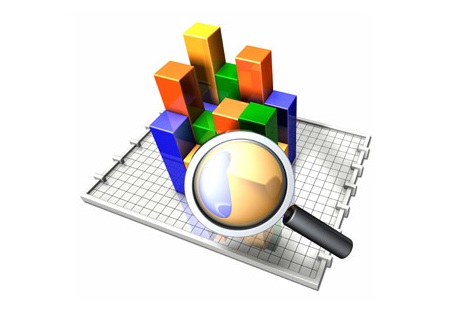The buzz is getting louder every day. Business is agog with the idea of using some astoundingly powerful tool as far as data collection and analysis go. Every industry and sector seems to be getting more and more involved in Big Data and other determinants of website performance. Analysis of such data requires some extra sophisticated tools and techniques. But here is the bad news – even the most sophisticated analysis tool will not do the job.
Before you bring out the brickbats, here is the rationale behind the statement.
You can have the most complete analytical tool at your disposal but if you do not have an expert to look at the data that is being generated, then you might as well scrap all your technologies. An analysis tool is capable of:
- Generating large amounts of data
- Giving you granular visibility into your website
- Telling you exactly how every visitor to your website is behaving.
What’s missing here is someone to actually make the analysis actionable and impactful to your organization.
Decision Making
It is wise to remember that website analysis tools do not have the wherewithal to make all the critical decisions for you. They can deliver all the data or information you seek but will not help you in the decision-making process. This has to be left to astrategist who knows how to use information. Having somebody on your team who can take the results of an analysis, performs some additional quality checks, and then provide both qualitative and technical recommendations is vital.
Data and More
Website analysis toolscan generate data pertaining to crucial aspects of your website. Some of these aspects are:
- Web traffic
- Geolocation capabilities
- Click analytics
- Usability or readability of your website
Once such numbers and figures have been generated, it is up to the ‘human element’ to look into the same and use the information for a more holistic application.
Crafting Data into Strategy
Analysis tools can bury you in information but it’s often tricky deciding how to apply it for the betterment of business. For instance, if the geolocation analysis of your website tells you that you have a large number of visitors from a particular zone or country, then this information has to be crafted into your marketing strategies. The tool is not going to tell you how to target these people specifically (at least not any that we’ve encountered!). Many find that after employing a website analysis tool that they’re no closer to a new marketing solution than they were before – they just have a spreadsheet with a bunch of numbers in it.
No matter how sophisticated any platform claims to be, it cannot replace human understanding and translation. This statement can be better understood when you think about a survey done by Oracle in the year 2012 which pointed to the fact that 93% of respondents thought that their companies were not capitalizing on revenue opportunities because they were not actually utilizing the data that they collected.
Have you subscribed to analysis tools only to be disappointed that your workload didn’t get any smaller?












